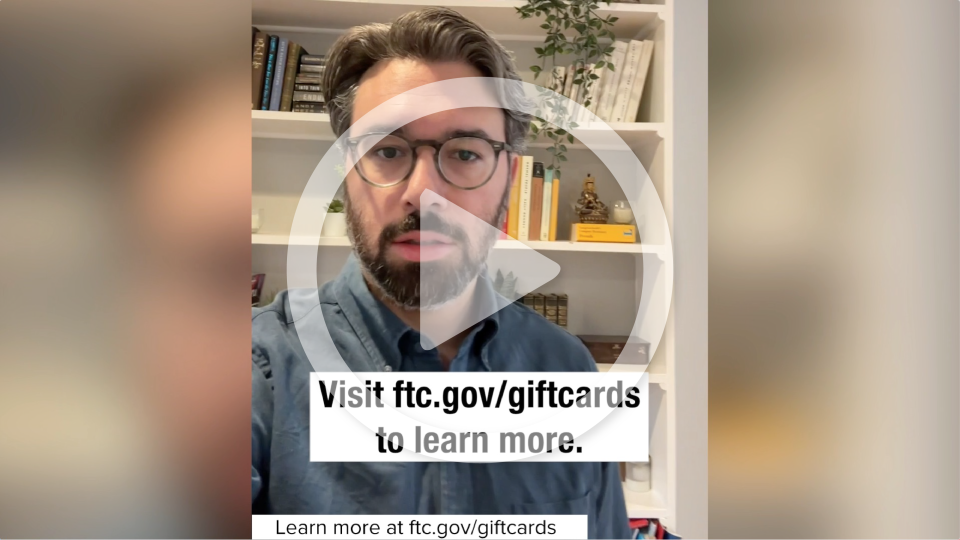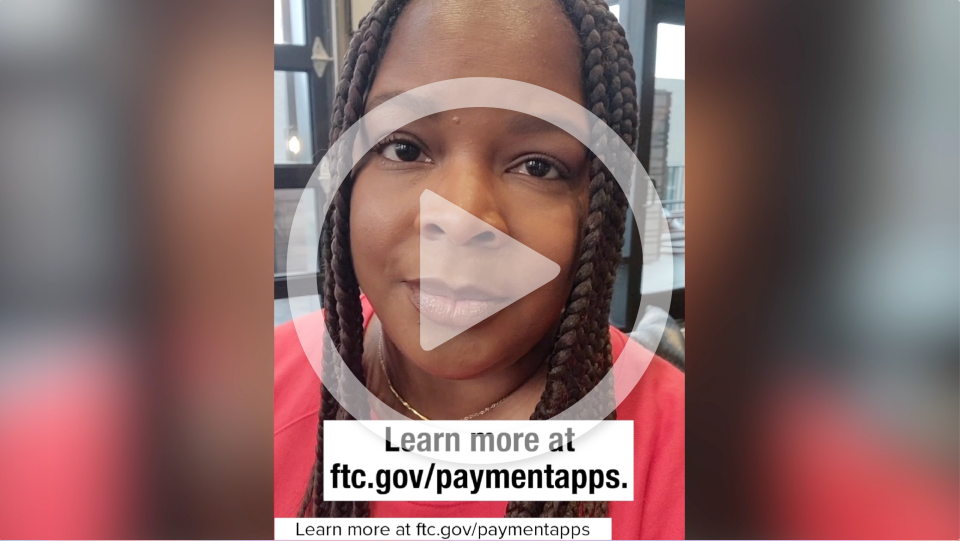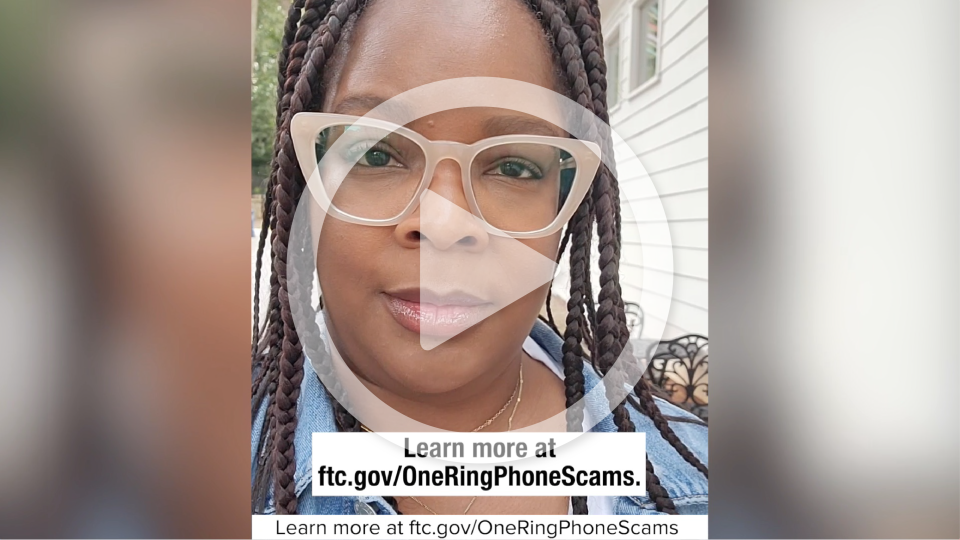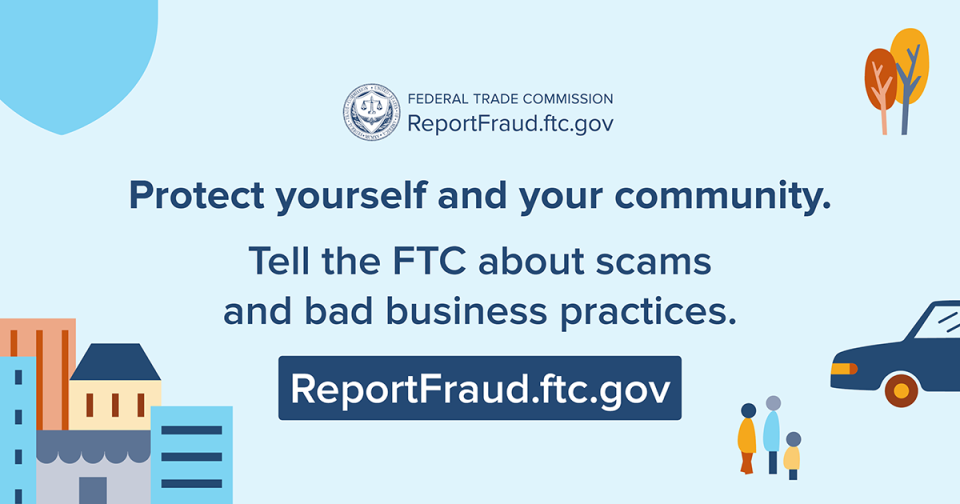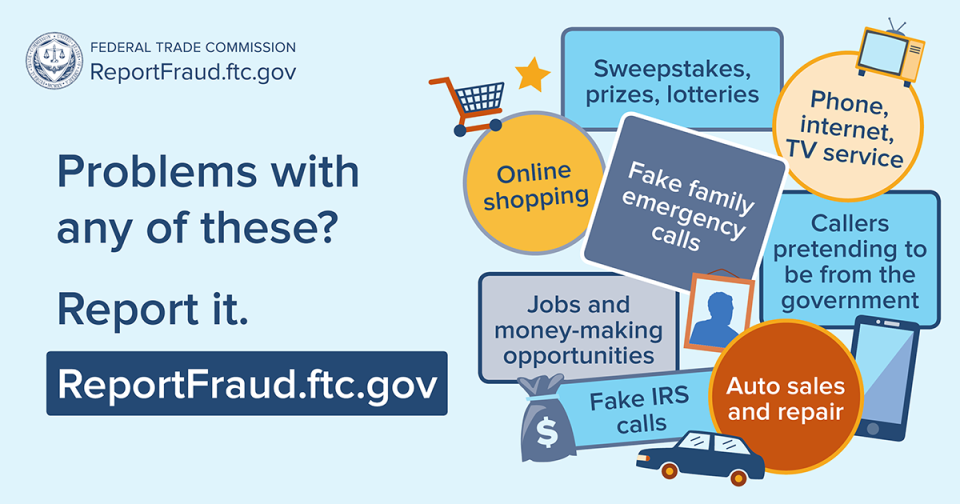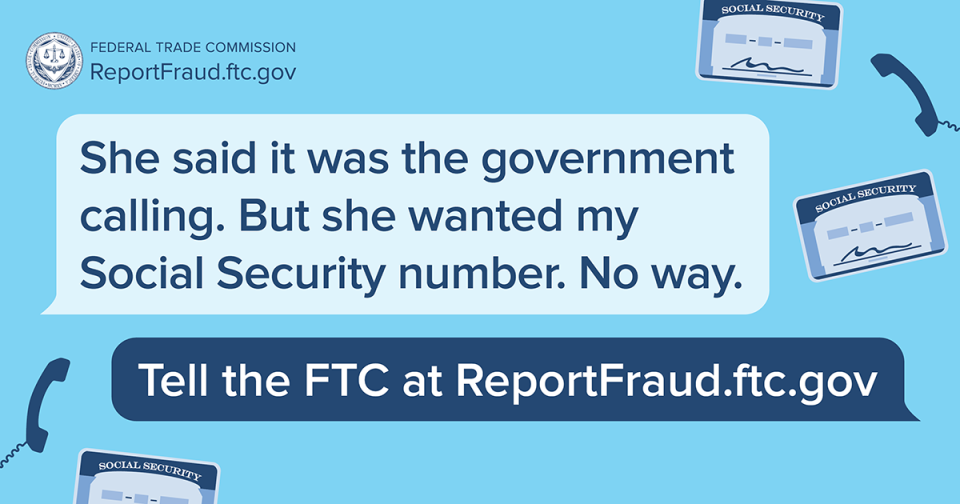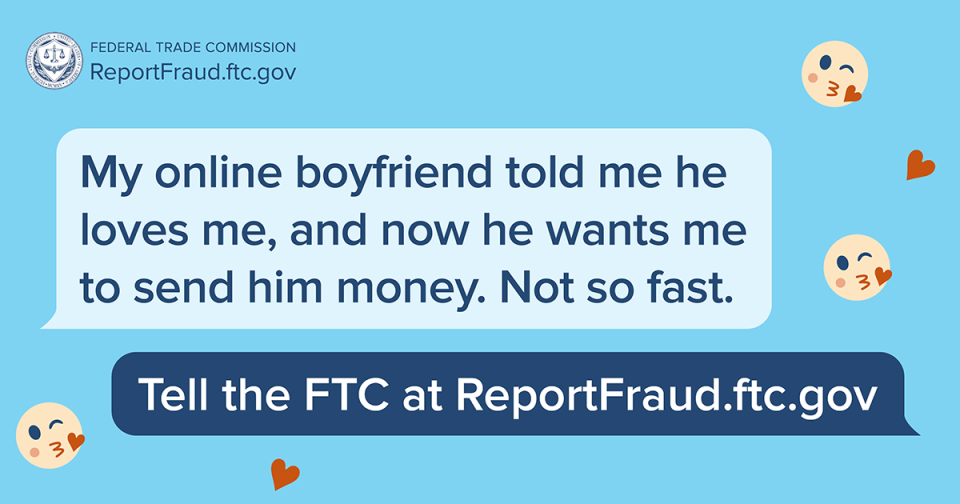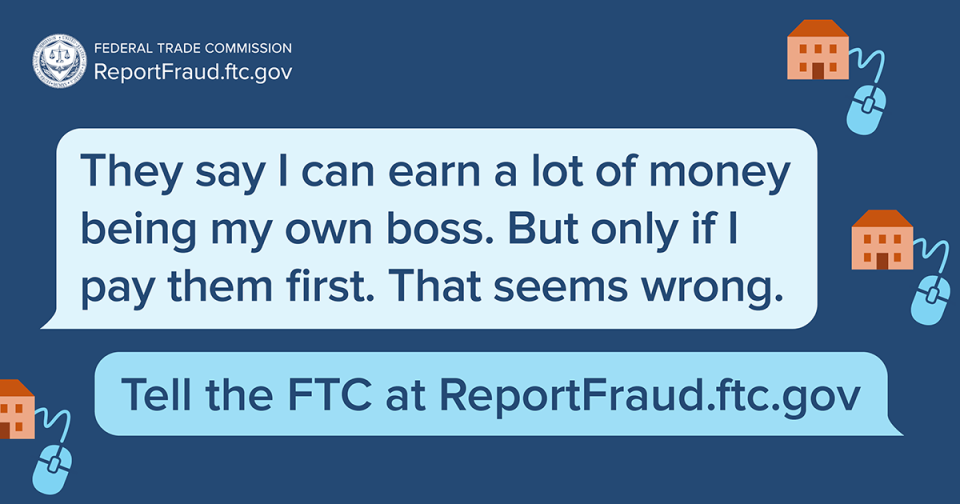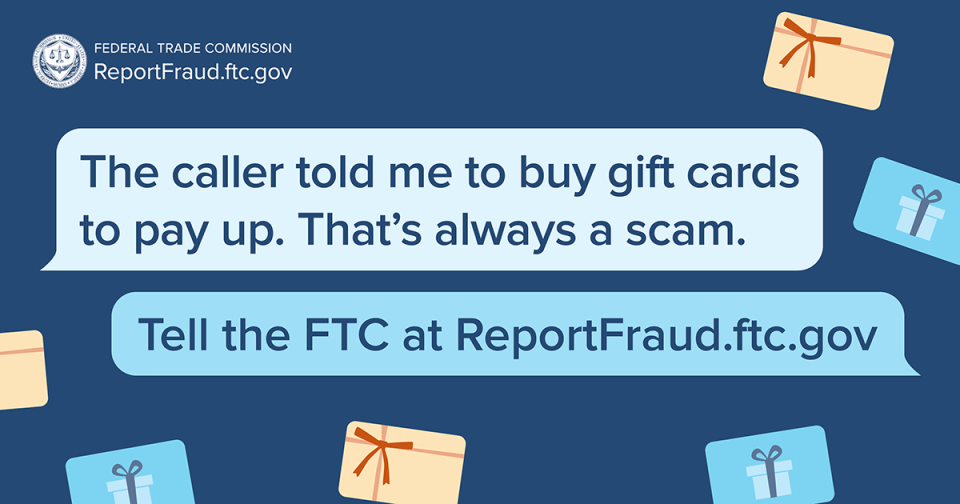Consumer Protection Basics for Librarians
Do you ever get questions from patrons like:
Is this a scam?
How can I get my free credit report?
My information was stolen — what do I do?
Then you’ve come to the right place. Whether you’re looking for consumer protection resources to reference or programming inspiration (including turnkey presentations), the FTC has you covered.
All the resources listed here are in the public domain, so please use them freely. No permission needed.
Upcoming Events
Webinar series
Throughout the year, the FTC offers free webinars on top scams, with free resources to help you share this information with your patrons. FTC experts share real-world examples of how these scams work and answer your questions. They also share resources and talk about how to incorporate them into your programming.
Webinars are scheduled to allow you time for planning (i.e., the October webinar gives you resources to prepare a holiday scams event in November or December).
All event times are updated regularly.
*Co-Sponsored by the Association of Bookmobile and Outreach Services
Office hours
Got questions about a consumer protection topic or want to brainstorm about programming? Drop in during an upcoming office hours session. Join for the whole hour or just for a few minutes — whatever works best for you.
- February 10, 2026 at 2pm ET/1pm CT/11am PT
- April 9, 2026 at 2pm ET/1pm CT/11 am PT
Reference
Learn more about these topics to help you answer questions from patrons.
Outreach and Programming Ideas
Inspiration year-round
Want to incorporate information on spotting and avoiding scams into your work? Create displays, stock your resource area, or put on programs using FTC materials. To get started, here are some quick things to know:
- All FTC materials are free. Yes, really. And if you order materials, shipping is also free.
- Nothing is copyrighted. Copy and paste to your heart’s delight. It’s all in the public domain.
- The FTC is here to help. Have a question or want to chat about an idea? Email FTC staff.
Programming ideas include:
| January: Identity Theft Awareness Week |
| March: National Consumer Protection Week (first full week of March) |
| April: Financial Literacy Month |
| May: Older Americans Month |
| July: Military Consumer Month |
| September: National Preparedness Month |
| October: Cybersecurity Awareness Month |
| November: Veterans Day |
| December: Holiday Scams |
Reach your patrons
Do you work with older adults? Kids and teens? Folks who prefer to get information in their own language? The FTC has free resources (and some ready-made slides with notes) to help you reach your patrons to help them spot, avoid, and report scams.
The FTC guide (below) gives you ideas for serving your patrons, including older adults, kids, tweens and teens, servicemembers and veterans, and Spanish speakers.
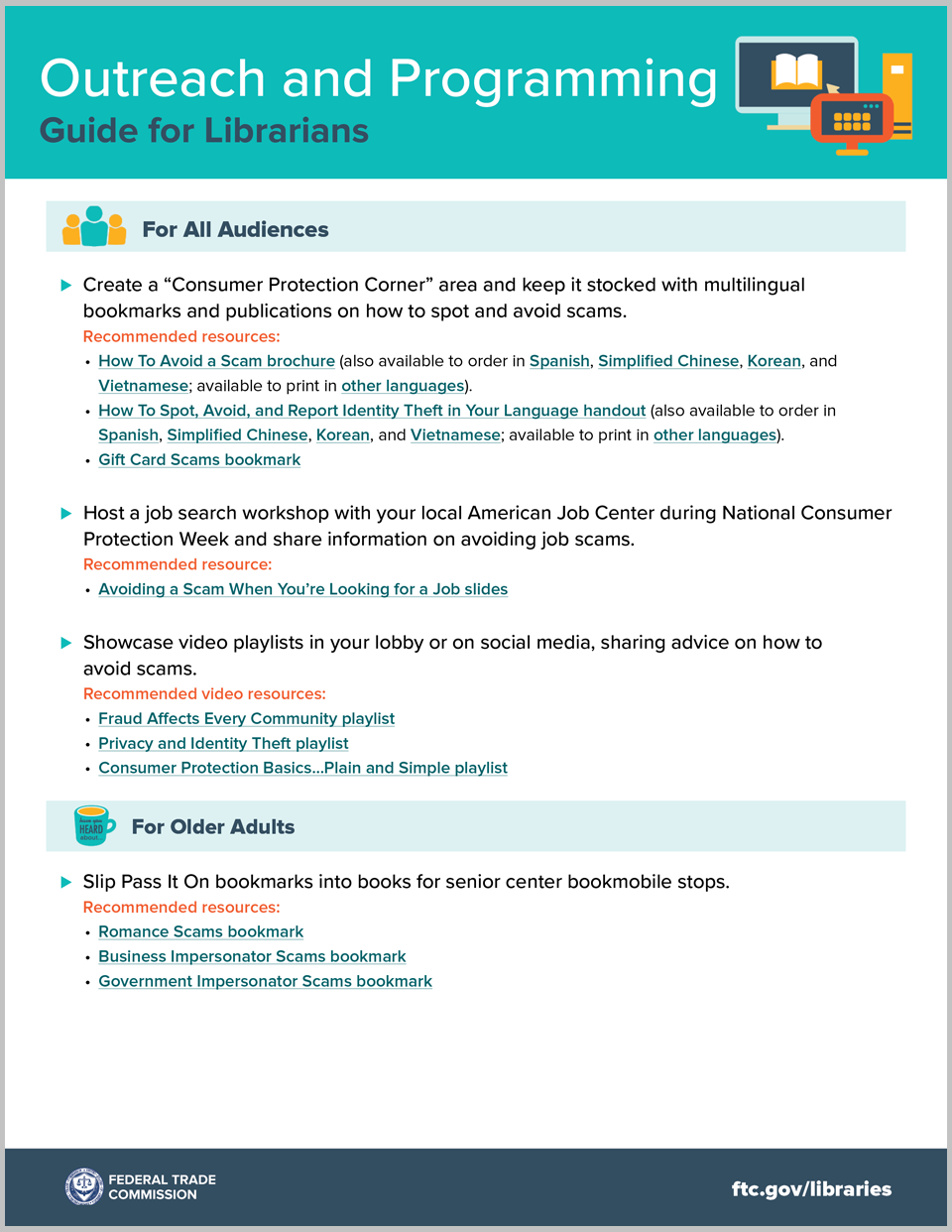
Videos
Share these videos in your newsletters and on your social media channels, or play them in your lobby. Find even more by subscribing to the FTC’s YouTube channel.
Social Media Shareables
Download and share these social images to help your patrons know how to avoid and report scams.

